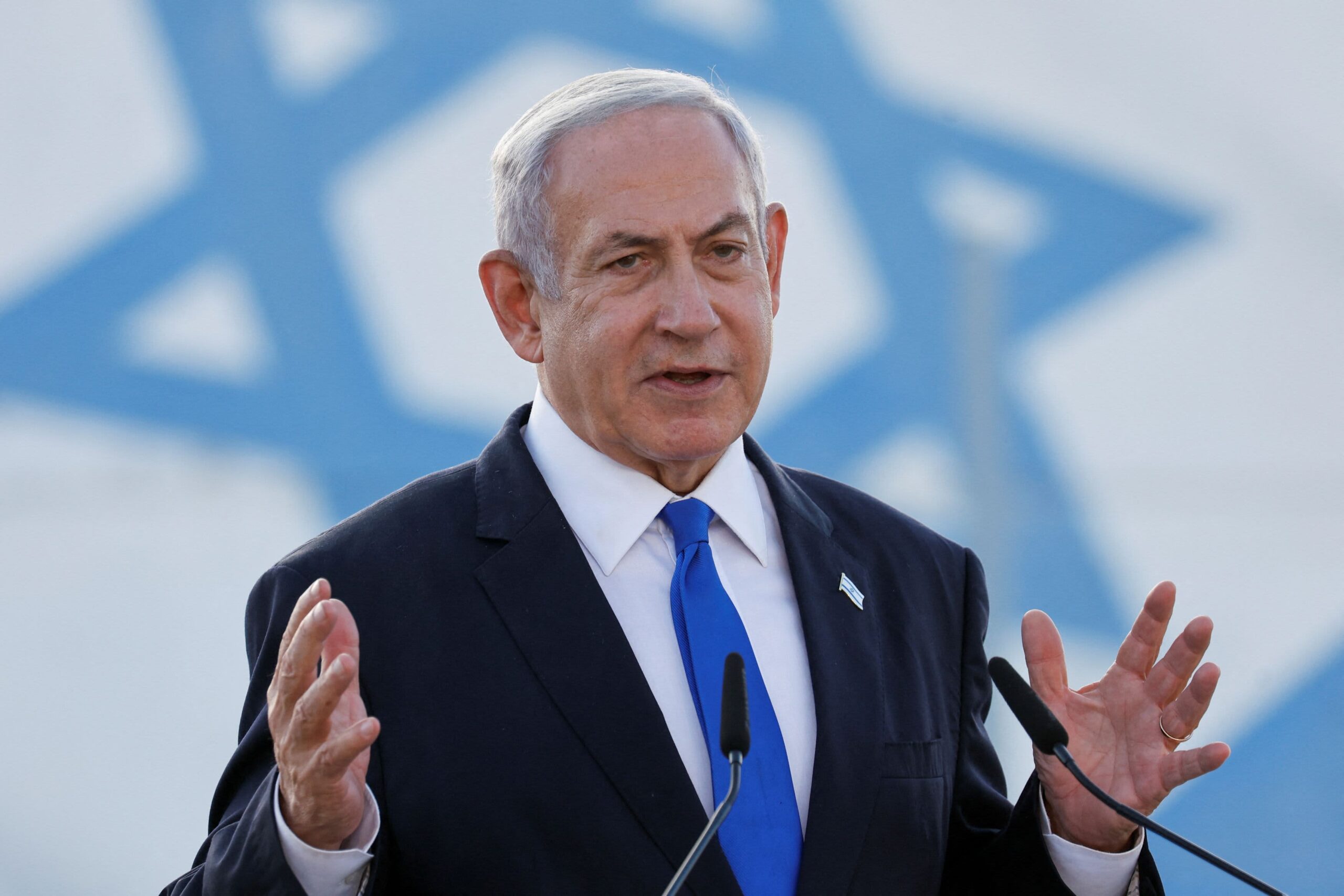Israeli Prime Minister Benjamin Netanyahu has scrapped a planned visit for a top delegation to Washington following the passage of a UN Security Council resolution calling for an immediate ceasefire in the Gaza Strip.
Netanyahu made good on his threat to cancel the visit after the US chose not to use its veto power against the resolution, as reported by Israeli public broadcaster KAN.
A statement from Netanyahu’s office described the US decision as “a significant departure from the consistent US stance in the Security Council since the conflict’s outset.”
Previously, Netanyahu had warned of canceling the delegation’s trip if Washington did not veto the UN resolution.
The delegation was set to visit Washington to discuss US proposals for increased humanitarian aid in Gaza and explore alternatives to Israel’s planned ground operation in Rafah city, located in the southern Gaza Strip.
The visit had been announced following a phone call between Netanyahu and US President Joe Biden the week before.
The UN Security Council passed a resolution on Monday calling for a ceasefire in Gaza during the Islamic holy month of Ramadan, which began on March 11 and will end on April 9.
Fourteen countries voted in favor of the resolution, presented by 10 elected members of the Council, while the US abstained from voting.
The resolution urged an “immediate ceasefire for the month of Ramadan, respected by all parties, leading to a lasting sustainable ceasefire.”
It also demanded the “immediate and unconditional release of all hostages, as well as ensuring humanitarian access to address their medical and other humanitarian needs.”
Israel has been conducting a deadly military offensive in the Palestinian territory since a cross-border attack by the Hamas group, resulting in the deaths of approximately 1,200 Israelis.
Meanwhile, more than 32,333 Palestinians have been killed and over 74,694 injured, with widespread destruction and shortages of essential goods.
The ongoing conflict, now in its 171st day, has displaced 85% of Gaza’s population internally, exacerbating shortages of food, clean water, and medicine. Additionally, 60% of the enclave’s infrastructure has been damaged or destroyed, according to the UN.
Israel faces accusations of genocide at the International Court of Justice. In January, an interim ruling ordered Tel Aviv to halt genocidal acts and ensure the provision of humanitarian assistance to civilians in Gaza.



